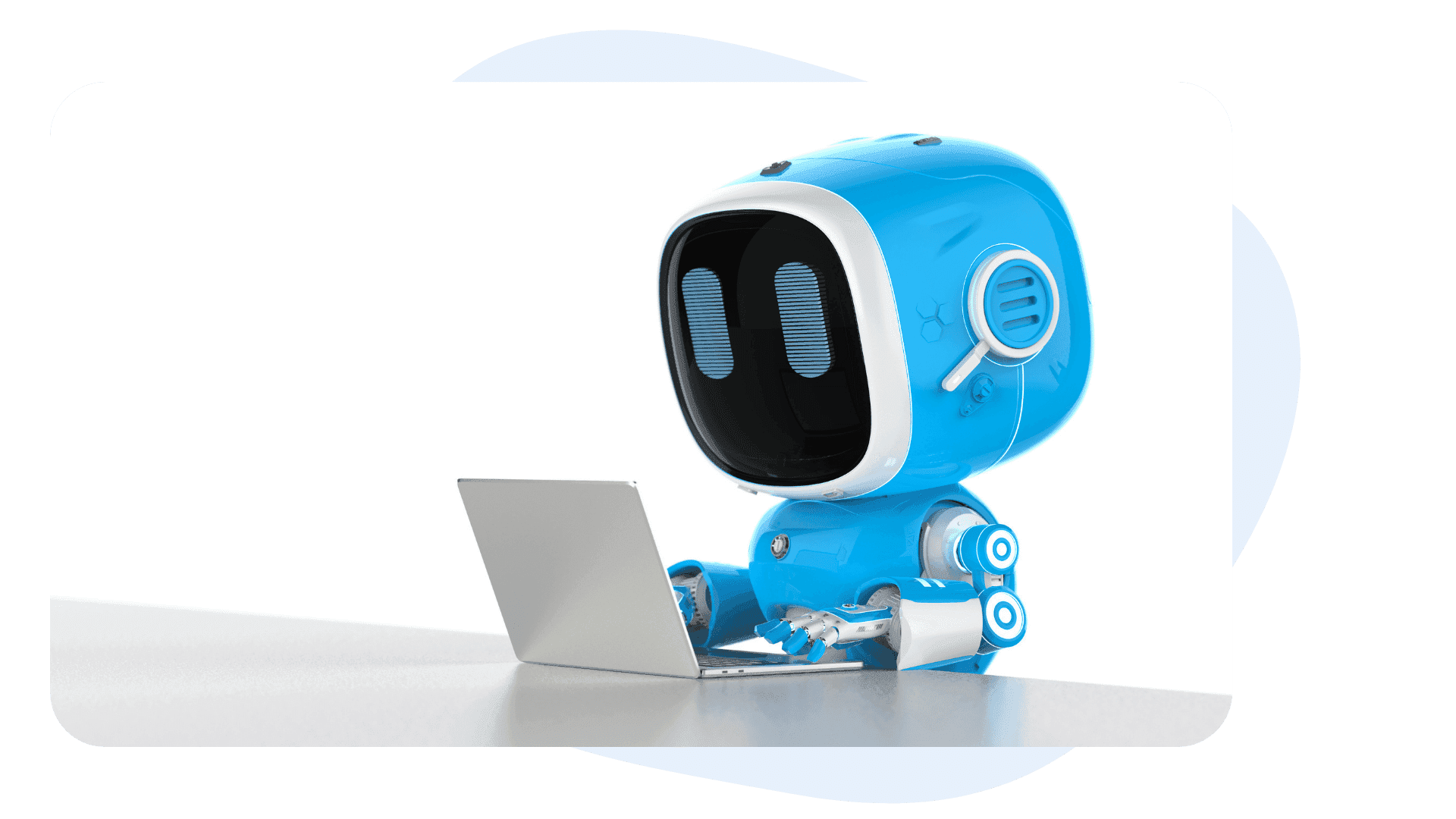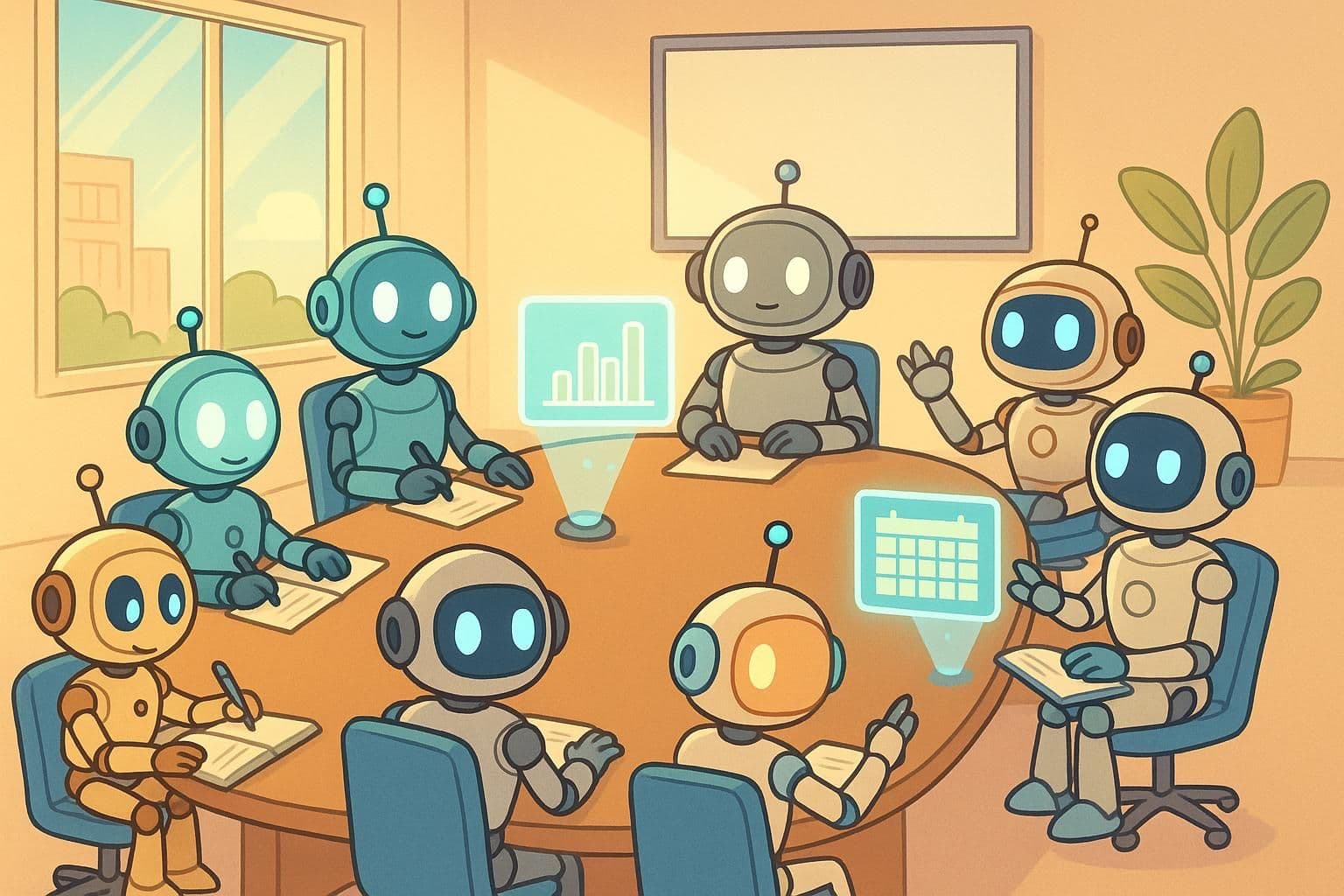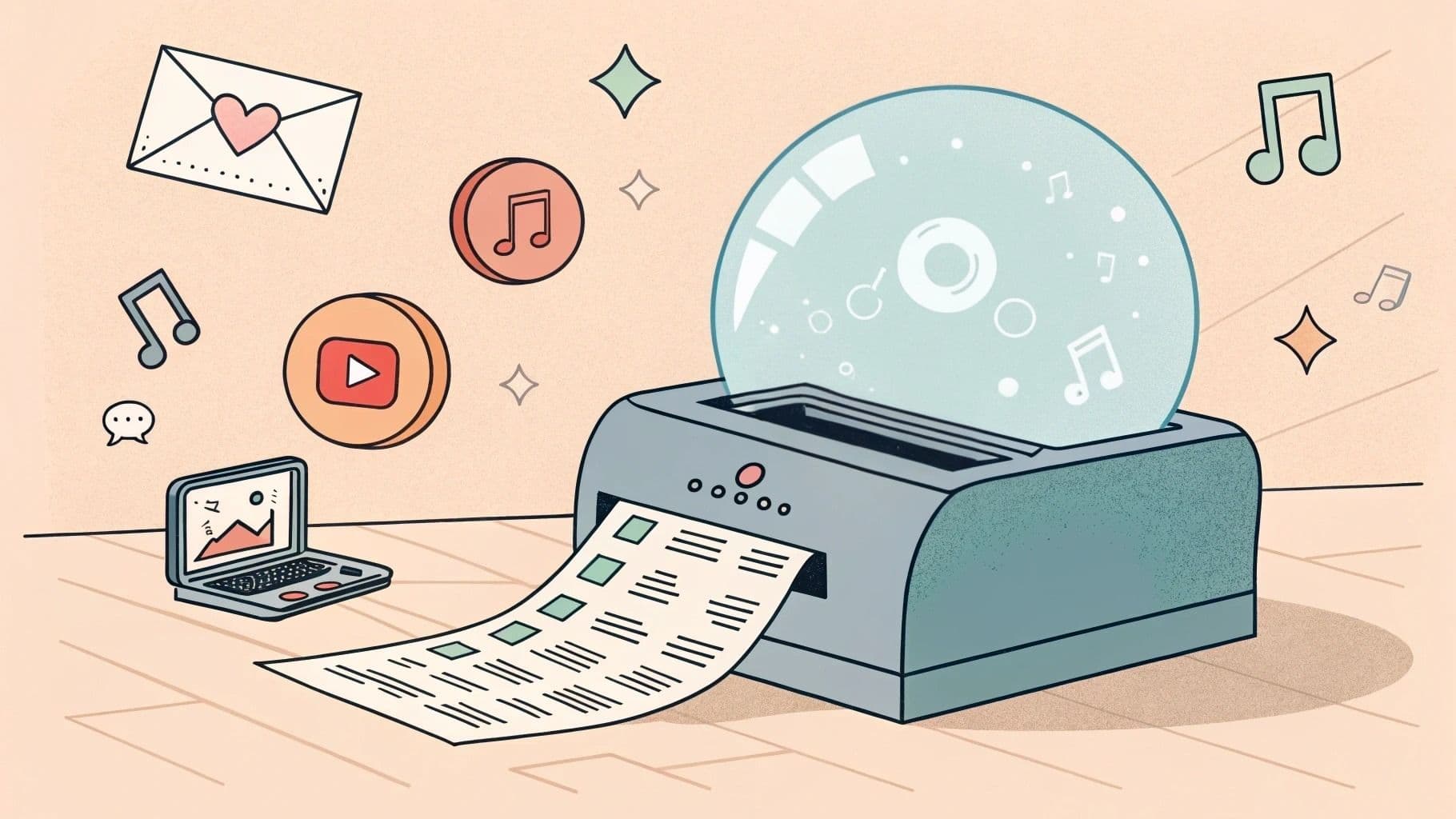7 Best AI Scheduling Assistants in 2024
7 Best AI Scheduling Assistants in 2024

Key takeaways:
In 2024, the best AI scheduling assistants stand out for their advanced automation capabilities, seamless integration with various calendars and communication platforms, and intuitive user interfaces. Leading the pack are tools like Clara, X.ai, and CalendarHero, which excel in effortlessly coordinating meetings, managing time blocks, and personalizing scheduling preferences, thus significantly reducing the administrative burden and enhancing overall productivity.
In the dynamic sphere of digital organization, AI scheduling assistants have become indispensable for streamlining appointments, managing recurring tasks, and optimizing time management through an intuitive dashboard. The 7 best AI scheduling assistants in 2024 stand out for their intuitive interfaces, robust feature sets including top features and task management, and seamless integration with existing workflows for projects and tasks. These innovative tools not only enhance productivity but also redefine how professionals interact with their calendars, offering smart scheduling, personal assistants, and multiple scheduling options for various scheduling tasks. By leveraging advanced algorithms, personal assistants automatically anticipate needs and eliminate the hassle of manual scheduling conflicts in planning projects.
With each iteration becoming more sophisticated, these assistants promise to deliver unparalleled efficiency in managing daily schedules, tasks, meeting scheduling, and projects. Whether you're a busy executive or a freelancer juggling multiple clients, embracing one of these top-tier AI personal assistants as your scheduling assistant could be transformative for managing your tasks and team time-management strategy.
![]()
Exploring the Benefits of AI for Scheduling
Error Reduction
AI significantly reduces human error in scheduling tasks. Traditional methods for tasks rely on manual input, such as writing, which is prone to mistakes. An AI personal assistant can cross-reference multiple calendars and data points with precision to organize tasks and schedule meetings throughout the day. For example, when a personal assistant is scheduling work meetings, it ensures no double-bookings or overlooked plans occur.
Automated AI scheduling assistant systems store, plan, and recall preferences, tasks, and requirements for different types of work meetings. This minimizes errors in tasks and meeting planning that can lead to work scheduling conflicts or rescheduling hassles.
Efficiency Boost
The introduction of AI assistant into the scheduling of work tasks enhances overall efficiency and helps plan more effectively. By automating appointment and meeting setting tasks, these assistants with features free up valuable time for users to plan. They handle recurring tasks seamlessly without need for repeated instructions, thanks to AI scheduling assistant features.
With smart scheduling features, professionals can focus more on their tasks and meeting plan rather than administrative duties. Marketing teams benefit by allocating more time to strategy instead of juggling calendars with tasks, using an AI scheduling assistant to organize meetings.
Predictive Analysis
AI offers predictive scheduling based on user behavior analysis. The assistant learns from past interactions to suggest suitable times for future meetings and tasks.
- This reduces back-and-forth communication.
- Users receive task suggestions from their assistant that align with their habits, preferences, and schedule on Skedpal.
Such insights improve the onboarding experience for new clients as well as team performance internally.
Key Features of Top AI Scheduling Assistants
Intuitive Interaction
AI scheduling assistants harness natural language processing (NLP) for seamless communication. Users speak or type requests in everyday language. The assistant understands and executes without rigid command structures. Imagine saying to your assistant, "Set up a meeting with John next week," and the task is done.
These tools adapt to speech patterns over time. They learn from interactions to improve service quality. This feature saves time and reduces frustration often associated with traditional digital scheduling of tasks.
Calendar Integration
The best AI scheduling assistants offer robust integration capabilities. They connect seamlessly with popular calendar platforms like Google Calendar, Outlook, and iCal, and synchronize tasks using an assistant. This ensures that all appointments and tasks are centralized in one place by the assistant.
Integration also means sharing calendars across teams becomes effortless. It allows for better collaboration on tasks and avoids double bookings or missed meetings with the help of an assistant.
![]()
Real-Time Sync
Another essential feature is real-time synchronization of tasks across devices and users' schedules with the assistant. Changes made on one device, like tasks via an assistant, reflect instantly on others connected to the account—be it a smartphone, tablet, or desktop computer.
This sync extends to all users and their assistants involved in an event, meeting, or task. Everyone stays updated on any changes immediately—a crucial aspect for dynamic work environments where flexibility is key.
Best Practices for Leveraging AI Scheduling Technology
Update Preferences
Regularly refreshing your preferences for tasks is crucial to tailor the AI assistant to your needs. This process involves specifying availability, preferred meeting locations, and other personal nuances. By doing so, you ensure that the scheduling assistant learns and adapts effectively to tasks.
For example, if you start working later in the day, updating this preference will prevent early morning meetings from being scheduled. The more accurate information you provide about your tasks, the better the AI can serve you.
Utilize Analytics
Analytics play a pivotal role in optimizing schedules. They offer insights into meeting patterns which can be used to make informed decisions on timing and duration.
A company may notice that their teams are most productive during mid-morning hours. With this data at hand, they might schedule important meetings and tasks during these peak times while avoiding late-afternoon slots when energy levels wane.
Train Staff
Ensuring staff members are knowledgeable about AI tool features and tasks enhances overall utility. Training should cover how to interact with the software, troubleshoot common issues, and perform relevant tasks.
When employees understand how to leverage all functionalities of an AI scheduling assistant for their tasks, they can streamline their workflow significantly. For instance, knowing how to sync multiple calendars allows for seamless integration of professional and personal commitments and tasks.
![]()
The Role of AI in Enhancing Planning and Scheduling
Resource Allocation
AI scheduling assistants are transforming how businesses handle their tasks and resources. These tools use predictive analytics to forecast busy times. This allows for better staffing and resource distribution.
For example, a retail company can employ an AI scheduling assistant to analyze sales data. It predicts when stores will be busiest. Managers then schedule more staff during these peak periods, ensuring customer satisfaction.
Another case is in healthcare, where patient appointment patterns might indicate busier seasons. An AI scheduler helps allocate medical staff and tasks efficiently during flu season or holidays.
Time Management
Efficient time management is crucial for productivity. AI scheduling assistants offer smart reminders that keep tasks on track.
Consider a marketing team working on a complex campaign with multiple tasks and deadlines. An AI scheduling tool sends alerts for each task milestone, reducing the risk of delays.
This technology also integrates with personal calendars seamlessly. It ensures individuals remember meetings amidst their busy schedules without manual checks every day.
Conflict Resolution
Real-time adjustments by AI schedulers prevent clashes in plans before they happen. A project manager juggling several teams finds this particularly useful. When two important meetings overlap, the system suggests alternative timings automatically. It takes into account all participants' schedules and proposes the best fit without human intervention. This capability not only saves time but also reduces frustration among team members who need to collaborate effectively.
Evaluating the Best AI Personal Assistant Tools
Interface Simplicity
AI personal assistants have evolved, offering intuitive interfaces that simplify user interactions. The best AI tools prioritize a seamless user experience, where tasks are executed with minimal input. Consider an assistant that allows users to schedule meetings through simple voice commands or a few clicks. This ease of use is crucial for those who manage tight schedules and cannot afford time-consuming setups.
A standout virtual assistant software often features a clean dashboard with clear instructions, enabling effortless navigation even for first-time users. For instance, some top-rated assistants offer tutorial pop-ups upon first login to guide users through their functionalities.
Task Accuracy
The core value of any personal assistant lies in its ability to provide accurate suggestions and reminders. Natural language processing (NLP) plays a pivotal role here; it interprets user requests effectively and offers precise task scheduling options accordingly. The best AI scheduling assistants learn from user behavior patterns over time, leading to more tailored time management solutions.
Users should look for software that minimizes errors in appointment setting and deadline reminders – an essential aspect when juggling multiple commitments simultaneously. An example would be an assistant accurately determining the travel time between appointments and adjusting schedules without manual intervention.
Integration Capabilities
Modern workflows involve various digital tools; thus, integration capabilities are paramount when selecting the best ai scheduling assistants in 2024. A robust virtual assistant must sync seamlessly with third-party apps like email clients, calendars, project management software, and communication platforms.
Bullet points:
- Review how well the tool integrates with other services.
- Check if it supports popular calendar apps like Google Calendar or Microsoft Outlook.
- Ensure compatibility with project management tools such as Asana or Trello.
For professionals relying on these integrations, this feature can mean the difference between smooth operations and logistical nightmares. A good example is an AI tool that automatically updates all connected platforms once you reschedule an event via voice command – saving valuable time by eliminating redundant manual entries across different applications.
![]()
Maximizing Productivity with Advanced AI Calendars
Smart Scheduling
AI scheduling assistants are revolutionizing calendar management. They use machine learning to identify patterns in your work habits. This allows them to block off high-focus time slots without manual input.
These smart systems analyze past meeting durations and outcomes. They then allocate appropriate time blocks for new meetings automatically. For instance, if you often have long project discussions on Tuesdays, the AI might reserve Tuesday afternoons for these sessions.
The benefits of this approach are clear:
- No more manual calendar juggling.
- Better protection of high-concentration periods.
- Increased overall productivity.
This intelligent feature is a game-changer for professionals who manage multiple projects or teams across different time zones.
Optimal Participants
Selecting the right people for a meeting can be as crucial as the meeting itself. Some AI calendars now suggest optimal participants based on project management app data and email histories.
They scan through previous collaborations and communications within tools like Outlook or Google Calendar. Then they recommend colleagues who could contribute significantly to the discussion at hand.
Here's what happens:
- The AI evaluates past team collaboration success rates.
- It suggests invitees likely to add value based on those insights.
This not only streamlines preparation but also enhances the quality of meetings by ensuring all key players are present.
Predictive Rescheduling
Conflicts in scheduling are common, especially when coordinating among busy individuals or teams across various days and times zones. Advanced AI calendars excel at predictive rescheduling, preemptively suggesting alternative slots before conflicts arise.
Using historical data, these AIs predict potential overlaps with other events or reminders set in your digital calendar dashboard—be it Google Calendar, Outlook, or another task manager—and propose changes proactively:
- Shifts upcoming tasks ahead of an unplanned day off.
- Moves meetings when it detects an upcoming event conflict.
![]()
Personalization and Scalability of AI Scheduling Solutions
User Customization
AI scheduling assistants offer customization options that are pivotal for user satisfaction. They can tailor responses based on individual habits, making interactions feel more personal and intuitive. For instance, if a user frequently schedules meetings in the morning, the AI can prioritize morning slots in its suggestions.
Custom notifications are another benefit. Users receive alerts according to their preferences, which could range from email reminders to push notifications on mobile devices. This flexibility ensures users never miss important appointments without being inundated with unnecessary alerts.
Business Growth
Scalability is essential for businesses looking to grow. The best AI scheduling solutions expand functionality as a company's needs increase. Initially serving small businesses or startups, these tools easily scale up to accommodate larger enterprises without sacrificing performance or requiring extensive system overhauls.
This ability is often supported by robust customer support services that assist with transitions and expansions. As business operations become more complex, having responsive customer service becomes crucial in resolving any issues swiftly and maintaining uninterrupted workflow.
Analytics Integration
Integration with analytics tools provides insights into scheduling trends and patterns within an organization. This data-driven approach helps refine the scheduling process further by highlighting peak times for meetings or identifying potential bottlenecks in availability.
With such integration, businesses gain a clearer understanding of how time is managed across different teams or departments—information that's invaluable when striving for efficiency at scale.
Flexibility Features
The top AI schedulers boast multiple scheduling options catering to various meeting types—from one-on-ones to group sessions across time zones. These features include:
- Automatic adjustment for time zone differences
- Group calendar coordination
- Conflict resolution capabilities
Such flexibility ensures seamless coordination among team members regardless of location while also accommodating external clients' schedules effortlessly.
Ensuring Privacy and Security in AI Scheduling Apps
Data Compliance
AI scheduling apps must adhere to strict data protection laws. Users should verify that the app complies with regulations like GDPR. This ensures personal information is handled lawfully.
Compliance is critical for trust. A mobile or web app that aligns with GDPR respects user privacy by design. Users gain peace of mind knowing their data rights are protected.
Encryption Standards
End-to-end encryption safeguards data against unauthorized access. It's essential for secure communication within scheduling apps, whether through email or other means.
Look for encryption details on the provider's website or app settings. Providers that prioritize security will often highlight this feature prominently, offering users control over their data safety.
Transparent Policies
Transparent privacy policies are a hallmark of trustworthy providers. They allow users to understand how their data is used and stored.
A clear policy helps users set appropriate expectations regarding their privacy when using an AI scheduling assistant on any platform, be it a mobile app or web service.
![]()
The Future of AI in Personal and Professional Scheduling
Predictive Analytics
AI scheduling assistants are evolving. Predictive analytics is a key feature that will see significant advancements. These systems will not just react to requests but anticipate needs based on patterns and preferences. For instance, if you regularly schedule team meetings on Monday mornings, the AI might suggest times before you even ask.
This technology could analyze past meeting durations to improve future time blocking strategies. By understanding project timelines and individual work habits, it can predict the most efficient schedules for appointments or meetings.
IoT Integration
The next generation of AI schedulers will likely be more integrated with everyday life through the Internet of Things (IoT). This means your scheduler could adjust meetings based on real-time traffic updates from your car's GPS or reschedule an appointment if your smartwatch detects you're running late.
Imagine walking into a room where the lights adjust because your schedule indicates an upcoming video conference call. Or receiving suggestions for the best time to book a meeting room as sensors detect occupancy rates around the office in real time.
Voice Control
Voice-controlled scheduling assistants are set to become more prevalent too. Rather than typing out commands or clicking through calendars, users can simply speak their wishes aloud – "Schedule a meeting with my project team at 2 PM tomorrow."
These voice-enabled systems would use natural language processing to understand context and execute tasks efficiently, making them accessible while driving or when hands are otherwise occupied.
Final Remarks
The exploration of AI scheduling assistants has revealed their profound impact on efficiency and productivity. These tools, equipped with advanced features, have redefined the landscape of personal and professional planning. As we've seen, the best AI scheduling assistants of 2024 offer a harmonious blend of personalization, scalability, and security—key components for any individual or enterprise aiming to streamline their time management. The integration of AI into scheduling signifies not just a technological advancement but also a cultural shift towards embracing digital assistance in our daily lives.
Looking ahead, the trajectory of AI in scheduling promises even greater enhancements in how we organize and optimize our time. It is incumbent upon users to stay informed and select the most suitable AI assistant that aligns with their unique needs. To remain at the forefront of this evolution, consider adopting one of these top-tier AI scheduling tools today and elevate your time management to new heights. For insights and guidance on selecting the best AI scheduling assistant for your specific requirements, turn to Latenode. Their expertise and resources can help you navigate the options available, ensuring you leverage the full potential of AI to streamline your scheduling and enhance productivity.
Related articles:



